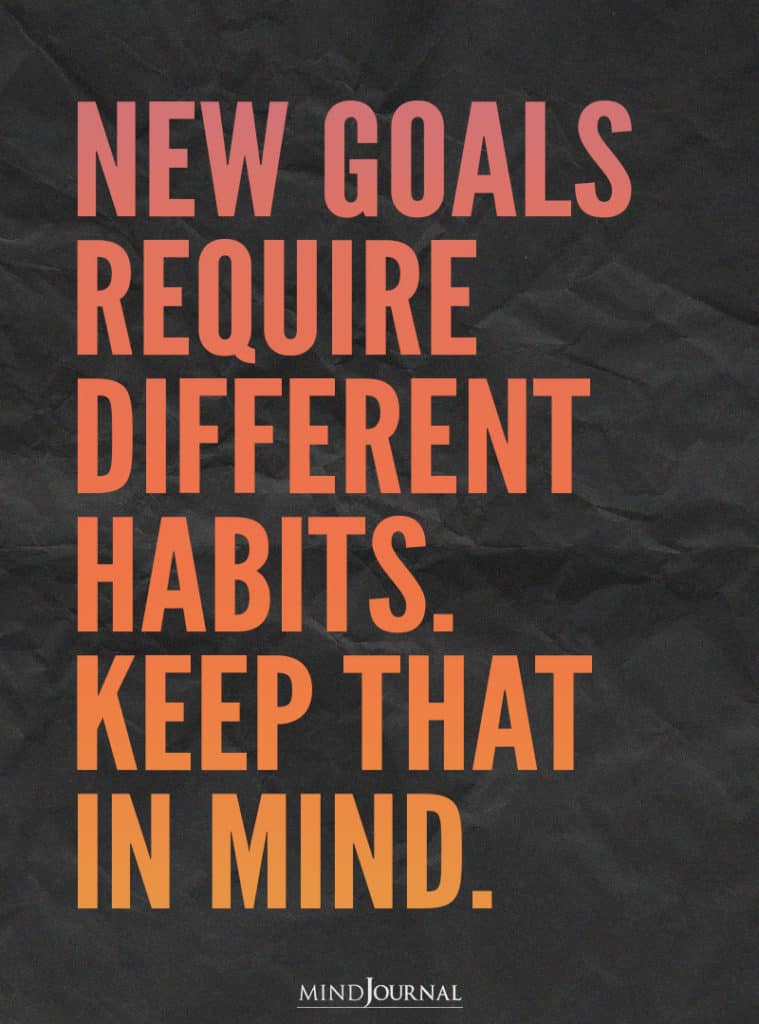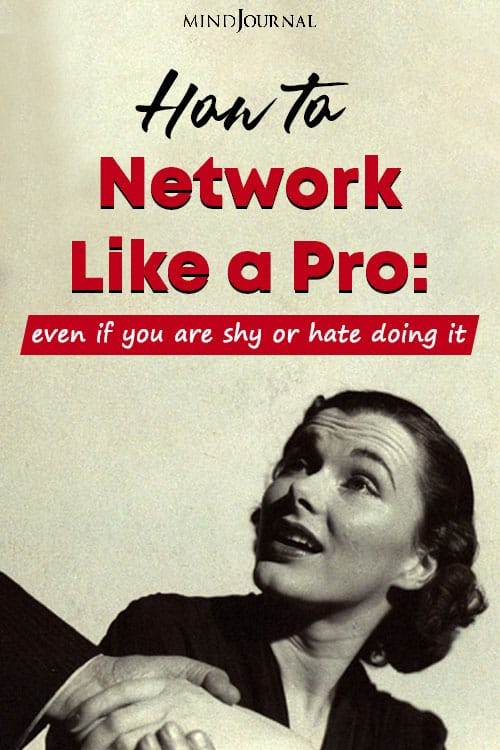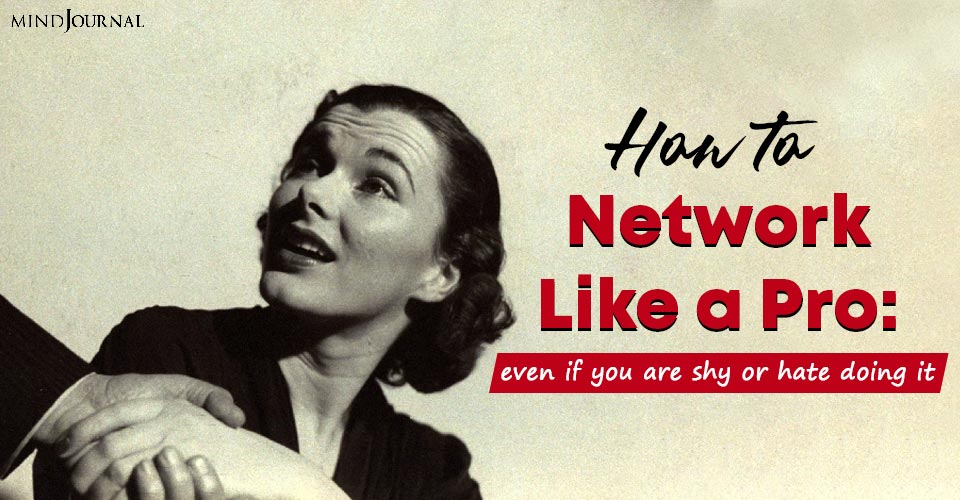Are you shy or introverted person thinking about how to network like pro? Wondering how to do even when you really just hate doing it? Here are 5 tips you can put into action immediately.
The ability to network – to develop contacts and personal connections with a variety of people who might be helpful to you and your career – is a critical skill for any of us. A deep and varied network of trusted colleagues can help when searching for new business partners, when seeking investment opportunities, when looking for sources of capital or opportunities to develop your own skills, or even when looking for another job.
But chatting up strangers at a networking event isn’t everyone’s cup of tea. In fact, it can be so terrifying for some people that they avoid networking events altogether. But it doesn’t have to be this way. Here are some simple and effective tips you can use immediately to turn networking into a strength, rather than something you fear and avoid.
5 Tips to network like a pro
1. Bring A Friend
One simple, but very effective tip is to bring a friend. This can help in a number of ways. First, it can often help you get the event itself (instead of coming up with reasons to avoid it). And then at the event, it’s nice to have a go-to person you can lean on for introductions or even just as a friendly face in case conversations elsewhere start to dry up.
Of course, you don’t want to lean on a friend too much during the event, because in some ways that defeat the purpose. But used judiciously, a friend can be a tremendous asset and is often the first thing I suggest to people afraid of networking.
Related: Why Good Communication Is Actually Good Emotion Regulation in Disguise
2. Have A Reasonable Goal
Don’t feel you need to “work the room” and collect 50 business cards. Instead, keep your goals realistic. Decide as a goal that you want to make two or three good connections during the event – and then everything else is gravy.
I find that having a reasonable goal like this makes networking much more doable for people who worry about their ability to ‘work a room.’

3. Find Times Of The Day That Work Best For You
Not all of us are early birds – so that 7 am before work networking event might just not be your cup of tea. Perhaps you do better in the evening – in which case, you should look for those types of events to go to.
The point is to know when you’ll likely be at your best and at your most comfortable and make that knowledge work for you.
4. Find Events That Fit Your Personality
If you get intimidated by huge events, don’t go to them, unless you absolutely have to (and in that case use tip #1 and bring a friend). Perhaps small events are more your cup of tea. And if so, seek those out instead.
Related: 15 New Skills To Learn For Rapid Self-Improvement
5. Reward Yourself For Taking The Leap
And then finally… reward yourself at the end for doing something outside your comfort zone. Take that walk with your friend. Do some yoga. Have a drink – or lunch – or a snack at your favorite restaurant. Whatever it is — do something rejuvenating and rewarding because you deserve it!

You may never love networking. But if you can learn to make the types of minor adjustments I describe above, you might end up surprising yourself.
Please share this article with anyone who you may think will find it valuable and helpful.
Written by: Andy Molinsky Originally appeared on: Inc.com Republished with permission















Leave a Reply
You must be logged in to post a comment.